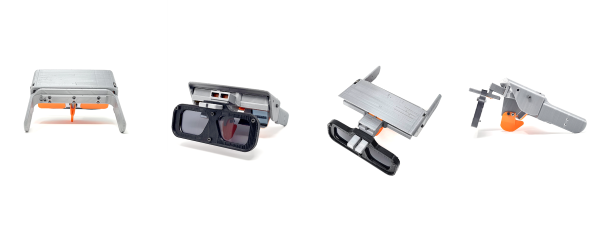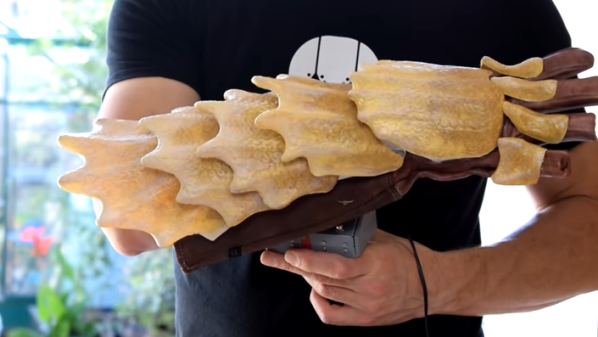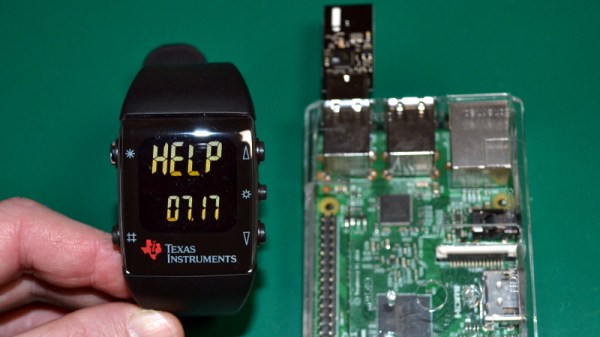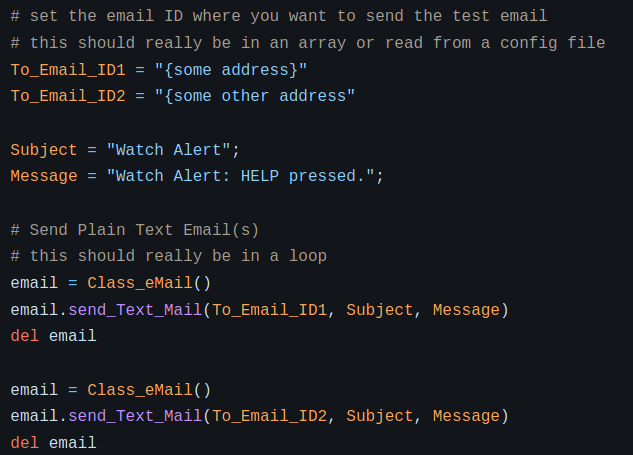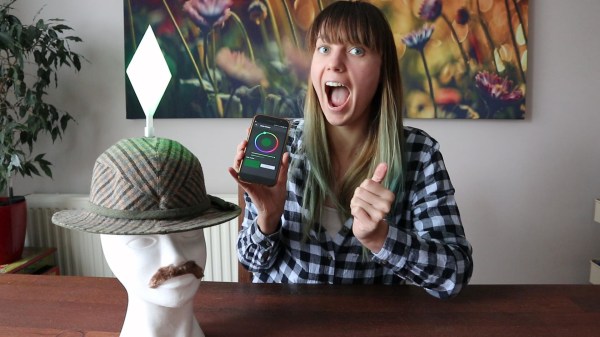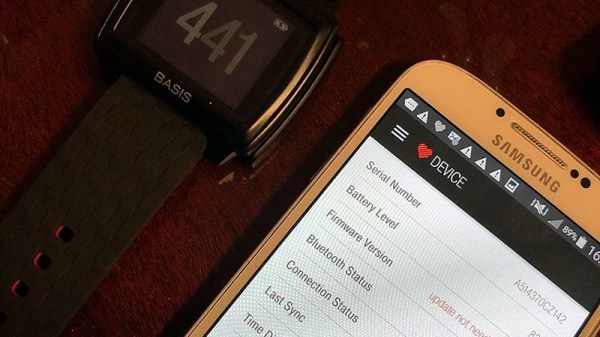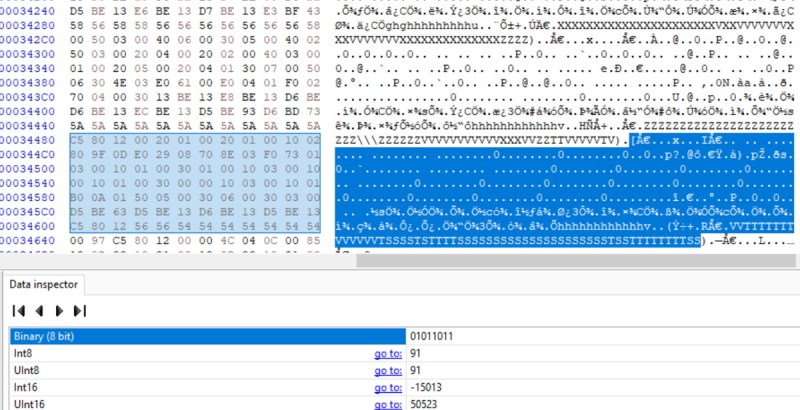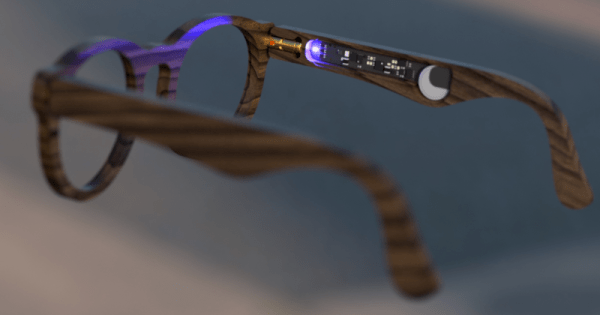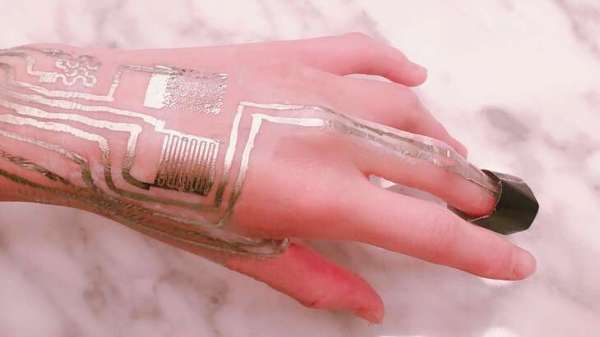Augmented reality (AR) technology hasn’t enjoyed the same amount of attention as VR, and seriously lags in terms of open source development and accessibility. Frustrated by this, [Arnaud Atchimon] created CheApR, an open source, low cost AR headset that anyone can build at home and use as a platform for further development
[Arnaud] was impressed by the Tilt Five AR goggles, but the price of this cutting edge hardware simply put it out of reach of most people. Instead, he designed and built his own around a 3D printed frame, ESP32, cheap LCDs, and lenses from a pair of sunglasses. The electronics is packed horizontally in the top of the frame, with the displays pointed down into a pair of angled mirrors, which reflect the image onto the sunglasses lenses and into the user’s eyes. [Arnaud] tested a number of different lenses and found that a thin lens with a slight curve worked best. The ESP32 doesn’t actually run the main software, it just handles displaying the images on the LCDs. The images are sent from a computer running software written in Processing. Besides just displaying images, the software can also integrate inputs from a MPU6050 IMU and ESP32 camera module mounted on the goggles. This allows the images to shift perspective as the goggles move, and recognize faces and AR markers in the environment.
All the design files and software is available on GitHub, and we exited to see where this project goes. We’ve seen another pair of affordable augmented reality glasses that uses a smartphone as a display, but it seems the headset that was used are no longer available.

